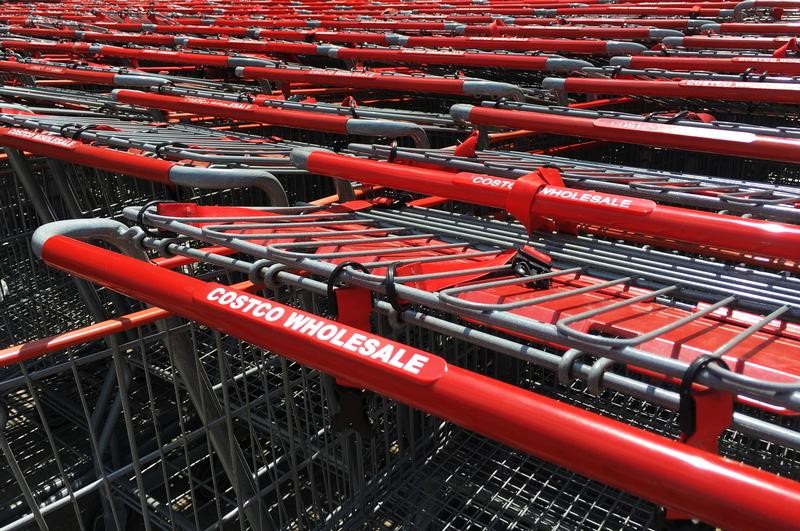Inventory at all clothing stores has fallen over the past month, led by a 73.7% decline at J.Jill Inc., notes retail expert Mitch Nolen.
J.Jill JILL,
Shares fell 53.5% on Thursday after first-quarter profits and sales fell and the company gave a weak forecast.
Among the challenges highlighted by J.Jill was the weather, with a cold and wet start to the spring that hurt a number of companies in the sector.
Read:J.Jill shares drop 53% as execution and design issues weigh on sales
Abercrombie & Fitch Inc. ANF,
, down 43.8% over the past month, suffered its biggest single-day drop last Wednesday after reporting weak same-store sales in the first quarter. However, analysts are optimistic about the future of the clothing and accessories retailer, which has also announced that it will close three flagship stores.
“In our view, this selective fleet pruning is a necessary step which, over the medium term, will help improve profitability and allow Abercrombie & Fitch to focus its investments on stores and channels that truly deliver,” Neil wrote. Saunders, Managing Director. at GlobalData Retail.
See:Abercrombie & Fitch’s store closure plan means short-term pain for long-term gain
And Ascena Retail Group Inc. United States: ASNA
, down 16.2% last month, announced it would close all 650 Dressbarn locations. Other brands in the Ascena portfolio Ann Taylor and Loft.
Don’t miss:Dressbarn put out to pasture as Ann Taylor’s parent Ascena tries to grow
Nolen also points out that apparel manufacturers have also declined over the past month. Capri Holdings Ltd. CPRI,
, the parent company of brands like Versace and Michael Kors (down 19.7%); Ralph Lauren Inc. RL,
(down nearly 15%); and VF Corp. VFC,
parent of Vans and The North Face (down 5.2% last month), would fall into this category.
Compared to the S&P 500 SPX index,
the SPDR S&P Retail ETF XRT,
hit its lowest level in 10 years.
FactSet, MarketWatch
“With the end of the first quarter earnings season, there is growing evidence that 2019 has had a rocky start for retailers – evidenced by the fact that the group’s average inventory is now -18% since the first of our companies reported Q1 results, and only two companies we cover are up during the period: Adidas AG at +12% and Under Armor Inc. at +4%,” Wells Fargo wrote in a note from Monday.
Wells Fargo says there are three reasons for inventory pressure: price risk; an accounting change alters the way lease debt is reported, increasing retail business debt; and orientation is reduced by a “surprising” number of companies.
And the weather, which is frequently used as an excuse for poor results, was actually a headwind.
“The consistently cool spring weather proved difficult for retailers because there was no temperature catalyst to entice shoppers to freshen up their closets for the new season,” Wells Fargo said. “Unfortunately, given the current weather forecast, the start of summer is shaping up to have similar dynamics.”




